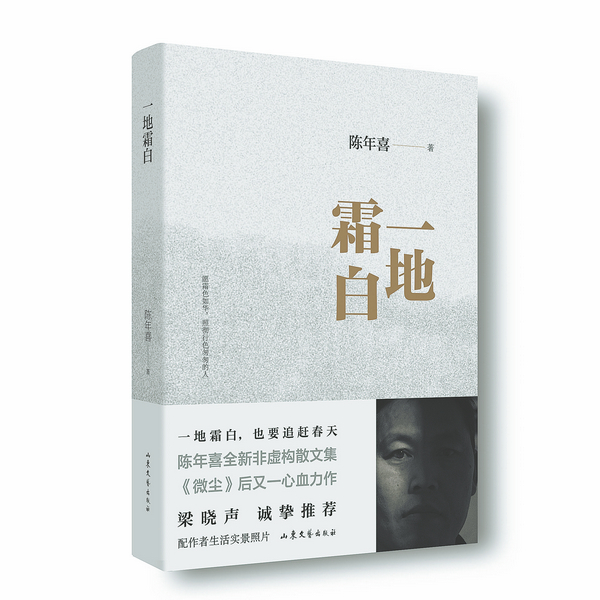

The writing of Chen Nianxi not only taps into the rich vein of material provided by his career blasting ore in mines around the country, but also gives voice to society's 'invisible' people, Yang Yang reports.
In a world where it seems that everyone has a voice online, few people's voices can really be heard; In a world where, superficially at least, the internet has entitled people to better understand diversity, the gaps between generations, countries and opportunities remain, and in some cases, seem to be growing.
That is why many people, when reading the poems and essays of former miner Chen Nianxi, are at first surprised and then moved.
In his writing, he uses a restrained voice to describe his life as a miner, working 5,000 meters underground, as well as his fellow miners, his family, friends, acquaintances, people who would have perished silently if he had not recorded their passing, poverty, accidents, injuries, deaths, diseases and pain, along with his travels around China and his observations, thoughts and feelings.
Chen was born in a small village called Xiahe, south of Qinling Mountains in Northwest China's Shaanxi province-one of the most poverty-stricken areas in China-in 1970. It was in this barren place where he spent his early years.
When he went to high school at the end of the 1980s, China had entered a period when poetry had become a popular literary genre widely read around the country. A lot of people wrote poems and Chen was one of them.
He remembers that both his grandfather and father's generations could sing xiaoge, a performance prevalent at local funerals. Three days before the burial, a group of people would circle around the coffin, singing songs, the complicated lyrics of which interweave historical stories, folklore and even the personal experiences of the singers.